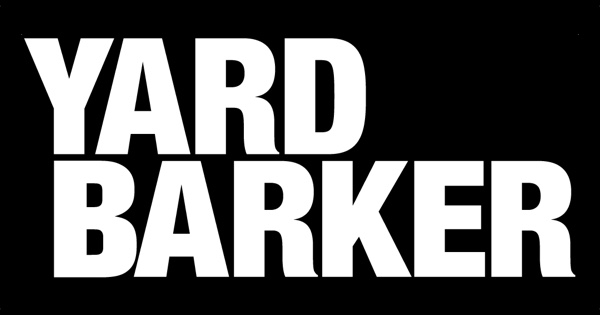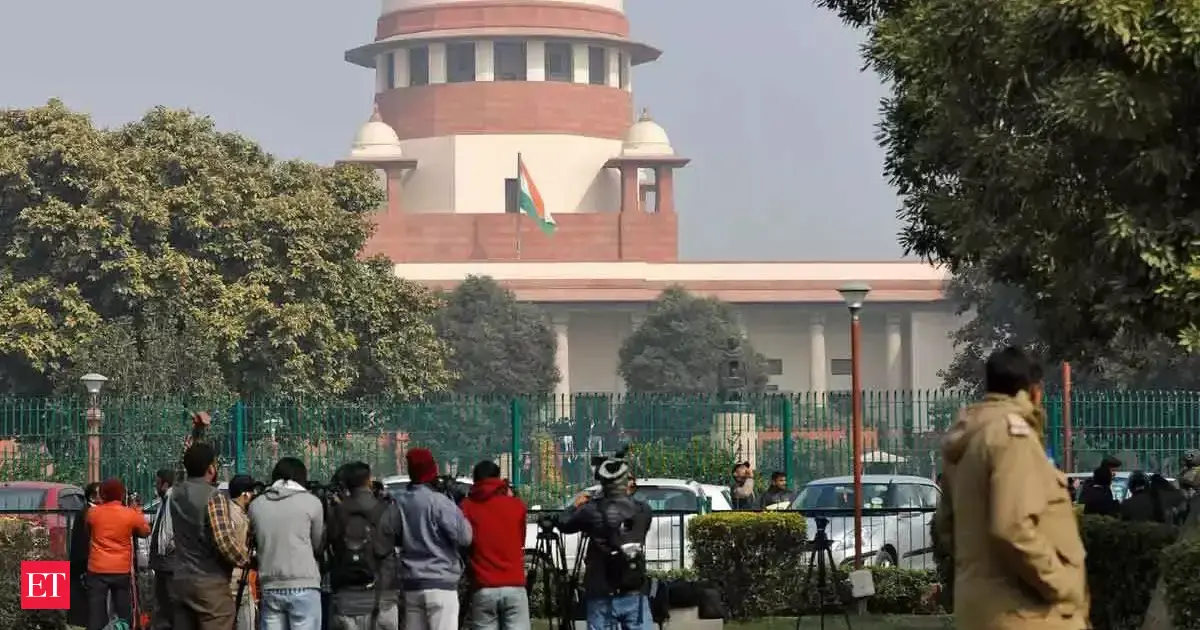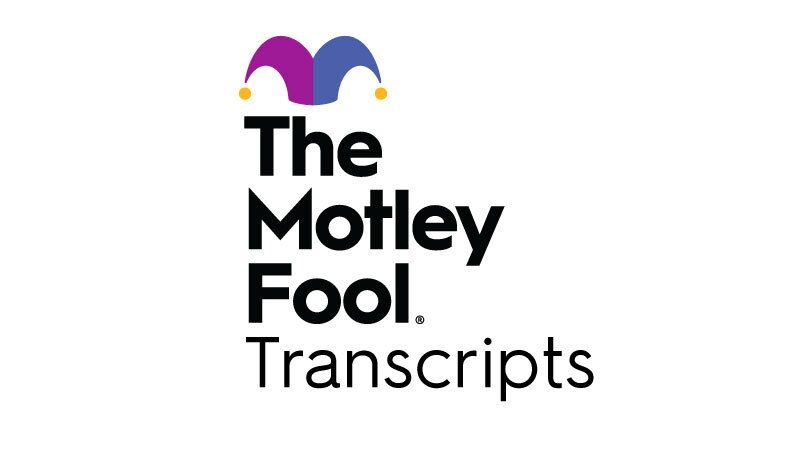Copyright Yardbarker

Back in the day, Dermot Desmond told us he and Peter Lawwell each kept their own shortlists of potential candidates. They’d compare notes, interview a few, and reach a decision. Not exactly the modern, data-driven approach of a forward-thinking football club, but at least it was a process of sorts. How are things being done this time? Well, your guess is as good as mine. To be fair, managerial appointments aren’t something Celtic have consistently botched. Over the past decade, it’s been one of the few areas of the club’s operations that has delivered results. Rodgers (twice), Lennon (initially), and Postecoglou all brought success. Even those who got close to the job — Eddie Howe, Enzo Maresca — have since proven their quality elsewhere. The problem isn’t who Celtic hire, it’s what happens after they arrive. Celtic’s knack for finding good managers has often disguised the fact that the club still lacks a coherent footballing philosophy or a proper structure behind the scenes. Each manager comes in, breathes new life into the club, delivers success, and then, almost inevitably, within two years the pattern repeats. Promises fade, processes stall, and the “manager is God” approach begins to crumble under the same familiar weight, slow decision-making, poor preparation, and an inability to plan beyond the next transfer window. We’ve seen it with Rodgers (on both occasions), Lennon’s second spell, and the tail end of Postecoglou’s tenure before his exit. The issues are structural, not personal. Celtic’s managers don’t fail, the environment fails them. From what’s known, Dermot Desmond was the driving force behind both Rodgers appointments, while Lawwell, senior and/or junior was central to Postecoglou’s arrival via the City Group connection after the Howe deal collapsed. Desmond, for all his distance, clearly has an eye for a manager. And given his recent re-emergence in the public spotlight, it’s hard to imagine he isn’t leading the process again. As for Peter Lawwell, officially “just the chairman” these days, recent governance embarrassments may have nudged him out of the front line. Instead, rumours suggest Head of Football Operations Paul Tisdale is now heavily involved. On paper, that’s progress, football people making football decisions. But, truthfully, we know very little about Tisdale’s actual influence. He’s said next to nothing publicly, there’s been no visible shift in academy output, and this summer’s transfer business seemed driven more by opportunistic deal-making than strategic talent identification, the Go Ahead Eagles debacle being a case in point. So perhaps, as before, there are two lists in circulation, one belonging to Desmond, the other to Tisdale. And somewhere in between, the next Celtic manager will be chosen. As we noted earlier on The Celtic Star, ITK reporter reckons Celtic appointment imminent journalist David Friel has pieced together a convincing case that Wilfried Nancy is on Celtic’s shortlist. The connection makes sense, Tisdale once worked with Nancy’s assistant, Kwame Ampadu, at Exeter City. At first glance, it all feels a bit “jobs for the boys.” But having looked into Nancy’s methods, there’s plenty to like. His football is possession-based, but not passive, built around quick tempo and positional discipline. He’s flexible, not wedded to one shape, though his preferred 3-4-2-1 would certainly add intrigue. It’s intelligent, progressive football, the kind that could work at Celtic. But, as ever, it’s not just about the manager. Celtic’s structural deficiencies have long undermined their managers. With no director of football, the burden on the manager is total. Every issue, on or off the park, ends up on his desk. The recent Green Brigade ban is a perfect illustration. The club issued a statement, but when the follow-up questions come, such incidents, as they did with Rodgers, would fall to the manager to field them. For someone like Nancy, used to working in a proper head-coach environment, this could be a jarring shift. At Celtic, the “manager is God” model still rules, and that model routinely burns out its chosen saviours after about two years. Unless something changes, it will happen again. There are whispers of a Director of Football announcement before the AGM. If true, and if that appointment comes before the new manager, it could finally signal a structural reset. In that scenario, someone like Nancy might thrive, operating within a modern system rather than trying to hold one together alone. If not, and we won’t be holding our breath, history will repeat. We’ll appoint another talented, ambitious manager, hand him the same fragmented setup, and ask him to fix what the board refuses to modernise. Because at Celtic, this is the cycle, a good appointment, a good start, and then the slow decay as the same old problems resurface. Desmond still seems to believe a five-year dynasty manager is possible. The evidence suggests otherwise. Until the club’s football operations are professionalised and protected from boardroom interference, that two-year breaking point will always come, no matter who sits in the dugout. Ideally, Celtic would build a proper structure first, appoint a sporting director, define a football philosophy, and then hire a head coach to fit it. That’s how successful modern clubs operate. But this is Celtic. Hope and expectation rarely align. And as long as the people at the top refuse to acknowledge that the system itself is broken, we’ll keep relying on another manager to mask the cracks. The names change, the cycle doesn’t. Two years of promise, then the walls close in. That’s really the crux of it. What Celtic need isn’t just another good manager, it’s a structure so strong that it doesn’t matter if he’s poached or doesn’t work out. The philosophy, the footballing identity, the recruitment model, all of it should be so well built and clearly communicated that the next coach can slot straight in and continue the work. Until that exists, we’re just fiddling with the roof tiles while the foundations last barely two years before collapsing under the same, entirely predictable frustrations. Celtic in the Eighties by David Potter



